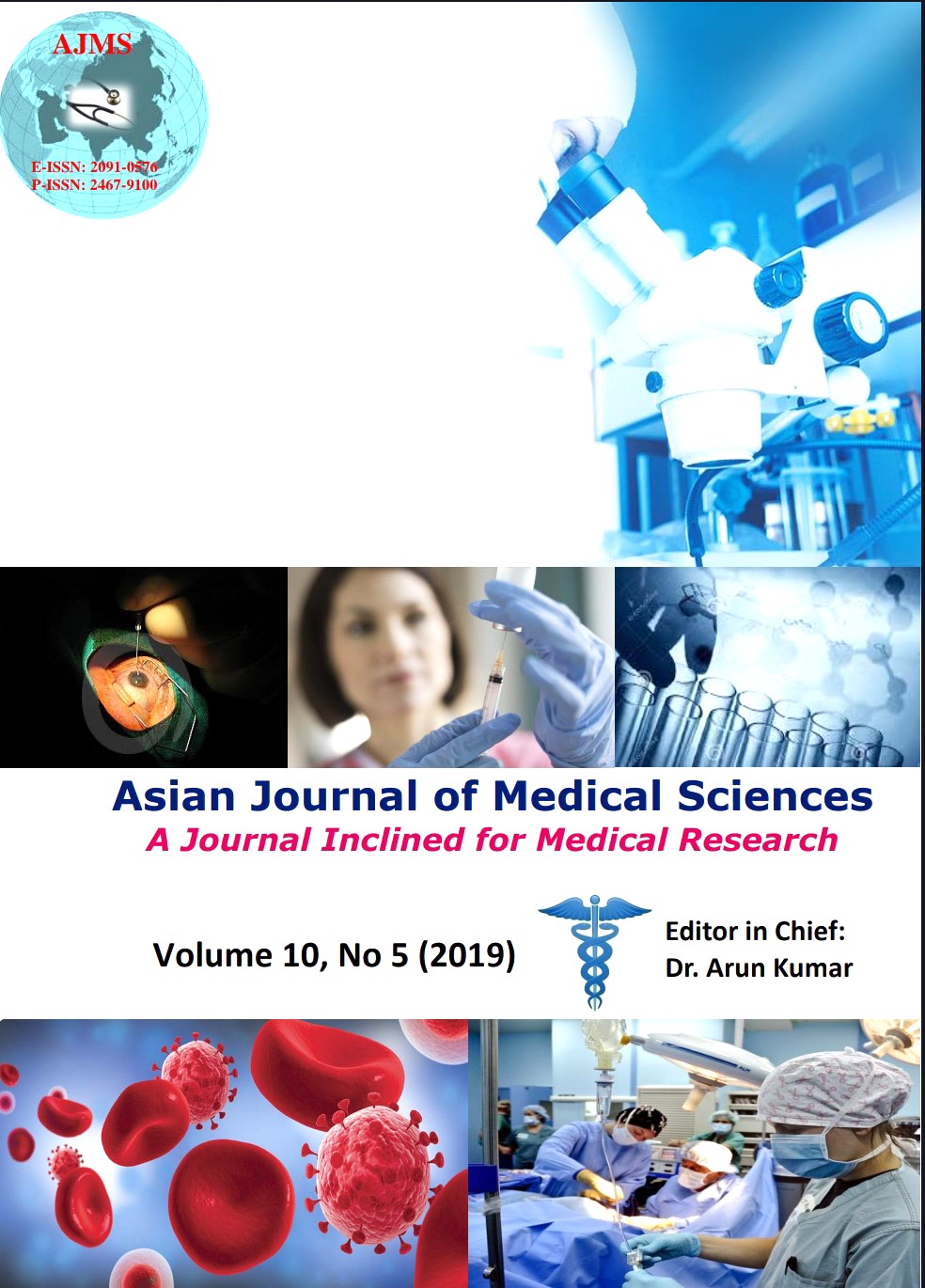A new short version of the “Token Test” for Yawi native speakers
Keywords:
Token Test, Yawi Language, AphasiaAbstract
Background: The Token Test as originally conceived by De Renzi and Vignol is a subtle test of receptive language functions. Although it has been employed in numerous clinical studies since 1962, no one has studied the linguistic properties of the commands in in Yawi-speaking aphasic patients.
Aims and Objectives: The study aimed to describe the development of the Yawi Token Test (YWTT) and to investigate the test performances of the normal Yawi-speaking participants before applying with the Yawi-Speaking aphasic patients.
Materials and Methods: An adaptation of the Yawi Token Test (YWTT) was administered to one-hundred normal Yawi-speaking participants, ranging in age from 18-45 years, with minimal educational level of Prathom 4 who were living in Pattani Province, South of Thailand.
Results: Performance on Part I-V and overall performance were reported. Overall, participants in the trial version performed not significantly on the Yawi Token Test (YWTT) overall composite score compared to final version. The mean Yawi Token Test (YWTT) score of the trail and final versions were 59.40 (S.D. = 1.29; range: 56 – 61) and 60.44 (S.D. = 1.39; range: 56 – 61), respectively. The mean Yawi Token Test (YWTT) score for overall (100 participants) was 60.42 (S.D. = 1.32; range score: 56 – 61). Comparing with the trial version, participants did obviously lower number of errors of all parts in the final version.
Conclusion: Yawi Token Test (YWTT) was applicable to the differential diagnosis of the communicative abilities of Yawi-speaking aphasic patients. This test will be helpful for assessing auditory language comprehension Yawi-speaking aphasic patients.
Downloads
Downloads
Published
How to Cite
Issue
Section
License
Authors who publish with this journal agree to the following terms:
- The journal holds copyright and publishes the work under a Creative Commons CC-BY-NC license that permits use, distribution and reprduction in any medium, provided the original work is properly cited and is not used for commercial purposes. The journal should be recognised as the original publisher of this work.
- Authors are able to enter into separate, additional contractual arrangements for the non-exclusive distribution of the journal's published version of the work (e.g., post it to an institutional repository or publish it in a book), with an acknowledgement of its initial publication in this journal.
- Authors are permitted and encouraged to post their work online (e.g., in institutional repositories or on their website) prior to and during the submission process, as it can lead to productive exchanges, as well as earlier and greater citation of published work (See The Effect of Open Access).




